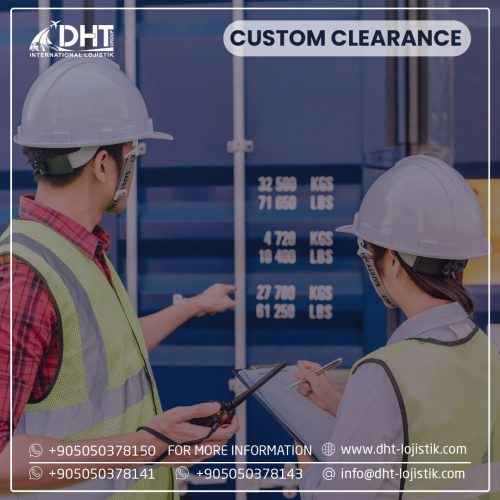As an importer, you’ve got a lot of things to worry about. In Turkey, we take pride in taking on the burden of customs clearance, leaving you free to focus on running your business. We have the experience, expertise, locations, and personnel in place to help you get your shipments cleared on time, every time, regardless of the type of shipment or port of entry.
International trade is regulated by a variety of trade and tariff laws:
International trade is regulated by a variety of trade laws and tariffs, and it is worth noting that these laws and tariffs are set and adopted by countries as a means of controlling the movement of goods across borders, and due to the complexity of international trade many companies choose to outsource to facilitate the movement of trade, as they use the services of External customs clearance experts to do this task who are called customs brokers such as Al-Harameen and Al-Darwish Company for customs clearance. Therefore, the brokers must be aware of the intricacies of the customs brokerage process and also the intricacies and rules of the customs clearance process. Here comes a very important question, what exactly is customs brokerage?
How is the customs clearance process?
As specialists in a successful customs clearance process, customs brokers manage and control the import and export of goods on behalf of their clients. We call this process “customs brokerage.” Brokers can be private individuals or large business entities, such as partnerships, associations, or specialized customs clearance offices, In order to provide brokerage services, they need a license from the relevant government bodies such as the Turkish Customs Authority to enable them to carry out customs clearance work, and from here each country defines its own set of rules governing the export and import of goods
Because of the ever-changing, dynamic nature of international trade, these rules are subject to frequent changes. It is worth noting that many brokers specialize in clearing specific categories of goods, such as perishable goods, clothing or large shipments. Most customs brokers reside at major transit points, i.e. ports and gates. Customs duties, such as international airports and ports, and in general, the function of a customs broker lies in the following
What is the job of a customs broker?
- Analysis of shipping documents to ensure compliance
- Preparing and submitting electronic documents to the competent government agencies
- Correct classification of merchandise, and determination of taxes, excises, and duties levied on shipped merchandise
- Act as a link between the importing company and government agencies
- Coordination of the transportation, storage and distribution of goods
- Cargo insurance against damage, loss or theft
- General simplification of the clearance process, by preparing documents and providing transportation and others
It is essential that customs brokers take into account various government regulations and individual customer requirements, moreover, customs brokers must be familiar with customs laws, tariff schedule, regulations and restrictions specific to each type of import, any errors in the customs clearance process can lead to heavy fines For the customs broker and also for the importing company





